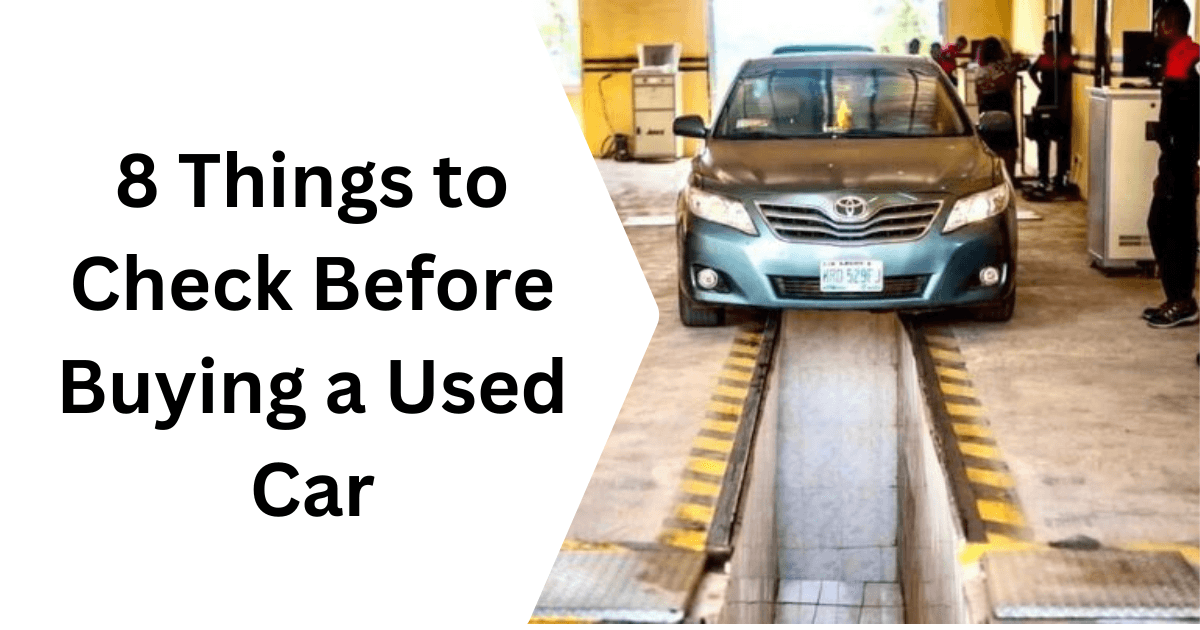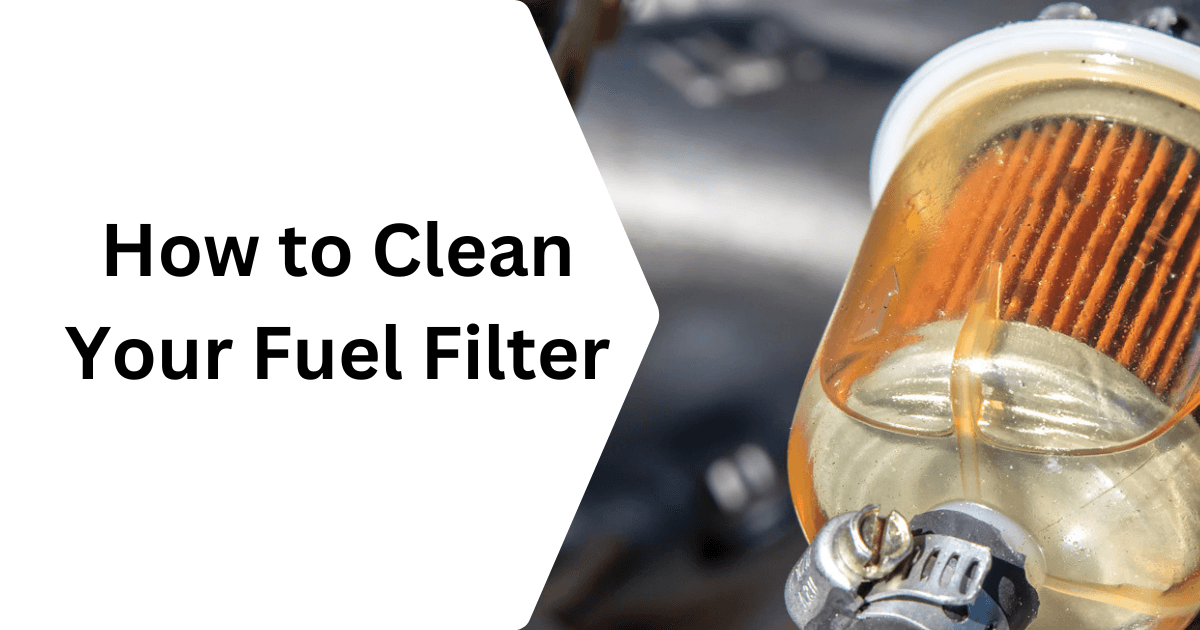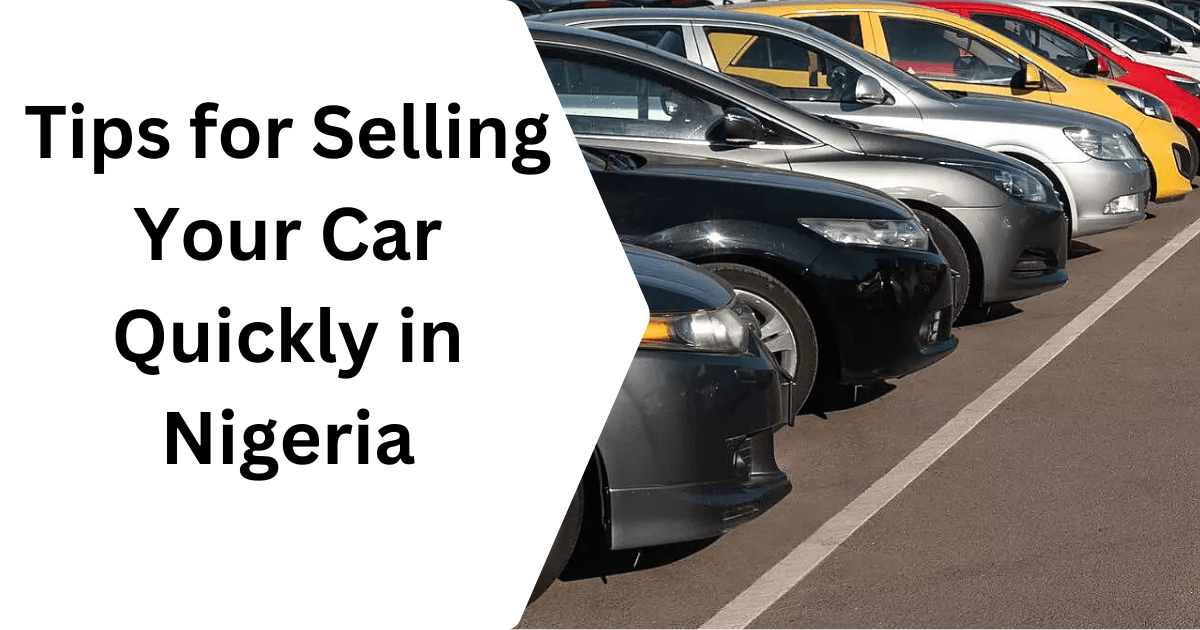Buying a used car can be a smart and cost-effective way to own a vehicle, but it also comes with risks if you’re not careful. Unlike a new car, a pre-owned vehicle may have hidden issues that could lead to expensive repairs down the line. That’s why it’s essential to thoroughly check a used car before making the purchase to ensure you’re getting good value for your money.
It is important to understand whether it’s a Tokunbo (imported secondhand car) or a Naija used (locally used car). Each comes with its own set of advantages, risks, and maintenance histories. A Tokunbo car is often preferred for its better condition, as it’s usually imported from countries with stricter maintenance standards. However, it may come at a higher price and sometimes lacks service records due to being sold through auctions or intermediaries. On the other hand, Naija used cars tend to be more affordable but require a more careful inspection. This guide will walk you through the most important things to check before buying a used car, helping you make better decisions and avoid common pitfalls.
Research the Car’s Market Value
Before buying a used car, it’s essential to research its market value. Knowing the fair price for the make, model, year, and condition of the car helps you avoid overpaying and gives you leverage during negotiations. Start by checking online marketplaces, classified ads, and automotive websites to see the asking prices for similar vehicles.
Check platforms like Jiji, Cars45, or international equivalents like Edmunds for Tokunbo cars. Compare prices for similar models, accounting for mileage, condition, and location. Be sure to compare prices for private sellers and dealerships, as there can be a significant difference. This research ensures you go into the buying process informed and prepared to spot a good deal—or walk away if the price doesn’t match the car’s worth.
Check the Vehicle’s History Report
A vehicle history report reveals essential details about the car, such as previous accidents, repairs, and ownership records. This information can help you identify red flags that might not be visible during a physical inspection. To get a comprehensive report, use services like Carfax or AutoCheck, or ask the seller for the Vehicle Identification Number (VIN) to perform your own check. Pay attention to any indications of flood damage, mileage inconsistencies, or unresolved recalls.
Get A Professional Mechanic inspection
Having a professional mechanic inspect the car is one of the most important steps before purchasing a used vehicle. While you might spot obvious issues during your inspection, a mechanic has the expertise to uncover hidden problems that could cost you significantly later. During the inspection, the mechanic will assess critical components like the engine, brakes, suspension, and transmission.
Whether it’s a Tokunbo or Naija used car, having a trusted mechanic inspect the vehicle is non-negotiable. For Tokunbo cars, mechanics can identify hidden damages like rust or engine wear that might not be visible. For Naija used cars, a mechanic’s expertise is invaluable in assessing the impact of Nigeria’s harsh road conditions on the suspension, tires, and undercarriage. They can also spot signs of shortcuts in previous repairs, such as temporary fixes to deeper issues.
Go For A Test drive
Taking the car for a test drive is a must when buying a used vehicle. It’s your chance to assess how the car performs on the road and spot any potential issues that aren’t visible during a stationary inspection. Pay attention to how the car starts, accelerates, and brakes. Listen carefully for unusual sounds like knocking, squealing, or grinding, which could indicate mechanical problems.
A test drive reveals much about the car’s condition, regardless of its origin. For Tokunbo cars, check for signs of prolonged storage or parts that may have degraded during shipping. For Nigerian used cars, focus on how the car handles Nigerian road conditions. Listen for unusual sounds, observe braking efficiency, and test the suspension on bumpy terrain. This will help you determine whether the car meets your expectations for performance and comfort.
Inspect the Exterior Condition
Carefully inspecting the exterior of a used car can reveal signs of wear, damage, or poor maintenance. Look for dents, scratches, or rust on the body panels, as these may indicate a lack of care or exposure to harsh conditions. Pay close attention to the paintwork—mismatched paint or uneven panel gaps could be signs of past accidents or improper repairs.
Don’t forget to examine the tires for tread depth and even wear, as uneven wear might point to alignment issues. Check the condition of the lights, windows, and mirrors, ensuring there are no cracks or chips. A thorough exterior inspection provides valuable insights into how well the car has been maintained and whether it might need costly repairs.
Examine the Interior Condition
The condition of a car’s interior says a lot about how well it has been cared for. Start by inspecting the seats and upholstery for tears, stains, or excessive wear. Check the dashboard and console for cracks, fading, or damage, as these can result from prolonged sun exposure or neglect. Ensure the carpets and mats are clean and free of lingering odors, which could indicate water damage or poor maintenance.
Next, test all interior features to confirm they’re working properly. This includes the air conditioning, heating, power windows, locks, and entertainment system. Don’t overlook safety features like seatbelts and airbags. A clean and functional interior enhances your driving experience and reduces the likelihood of future expenses.
Check the Engine and Under the Hood
The engine is the heart of any car, and a thorough inspection under the hood is crucial before buying a used vehicle. Look for signs of oil leaks, corrosion, or worn-out belts and hoses. Check the oil level and color—clean, amber oil is a good sign, while dark or gritty oil may indicate neglect. The coolant should also be at the proper level and free of debris, as low or dirty coolant can signal overheating issues.
Pay attention to the battery and its connections, ensuring there’s no corrosion on the terminals and that the battery is securely mounted. Ask the seller to start the engine and listen for unusual noises like knocking or excessive idling. A quick glance at the warning lights on the dashboard can also provide clues about potential problems. A clean and well-maintained engine bay often reflects the car’s overall condition.
Tips for Negotiating Confidently and Closing the Deal
Negotiating the price of a used car can feel daunting, but being prepared makes all the difference. Use your research on the car’s market value and findings from your inspections to back up your offer. Point out any issues, such as needed repairs or cosmetic damage, to justify a lower price. Start with a reasonable but lower-than-asking offer, giving yourself room to adjust as negotiations progress.
Before closing the deal, review the purchase agreement carefully and ensure all verbal agreements, such as repairs or warranties, are included in writing. If paying cash, request a receipt. For financed deals, double-check the terms and interest rates. Take your time, ask questions, and don’t feel pressured to rush the process. Negotiating confidently helps ensure you get the best value for your money.
FAQs
1. What documents should I ask for when buying a used car?
Always request the vehicle’s registration, service history, and a valid roadworthiness certificate to ensure you’re buying a legitimate and well-maintained car.
2. How can I tell if a used car has been in an accident?
Look for mismatched paint, uneven panel gaps, or signs of welding on the frame. A vehicle history report can also reveal past accidents.
3. Is it necessary to get a mechanic’s inspection before buying a used car?
Yes, a mechanic can identify hidden issues that might not be visible during your inspection, saving you from expensive repairs later.
4. How can I check if the mileage is genuine?
Compare the odometer reading with the car’s service records and overall condition. Excessive wear on pedals or seats with low mileage might indicate tampering.
5. What should I test during a test drive?
Pay attention to the engine performance, brakes, steering, and suspension. Listen for unusual sounds and test the car on different road types to assess handling.
With the right knowledge and attention to detail, you can find a used car that feels as good as new. Take your time, follow these steps, and ensure your purchase is one that serves you well for years to come.




